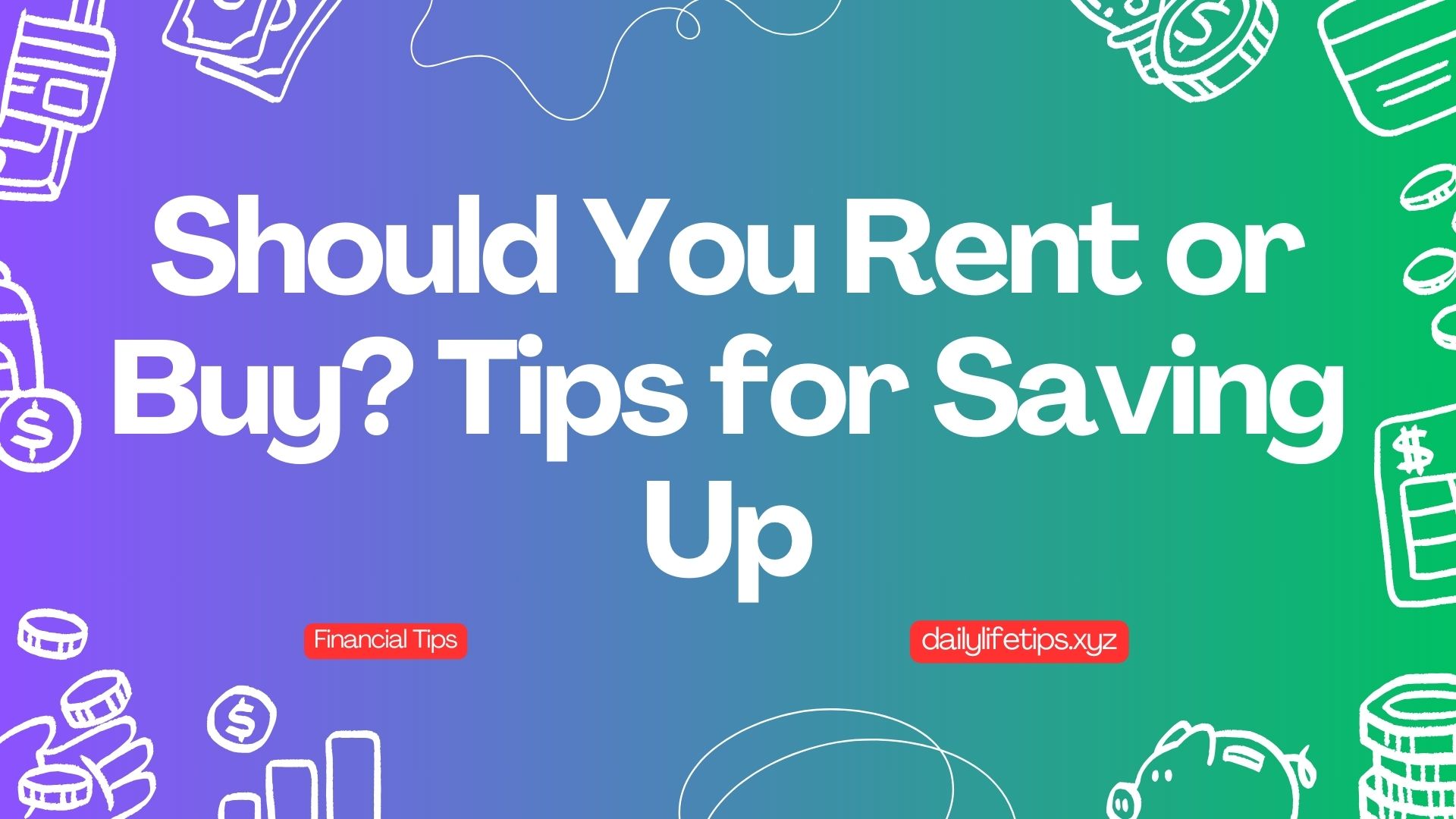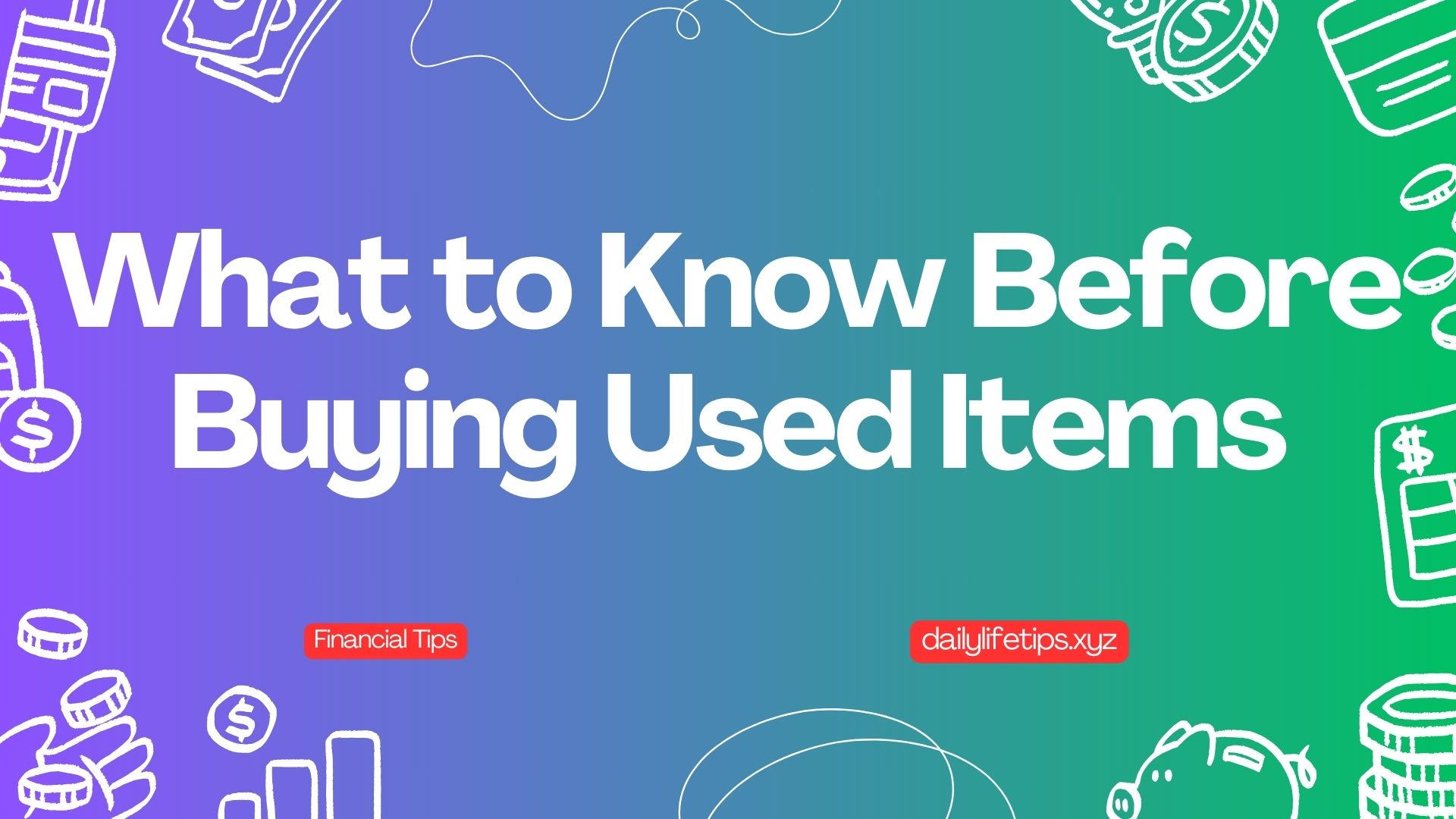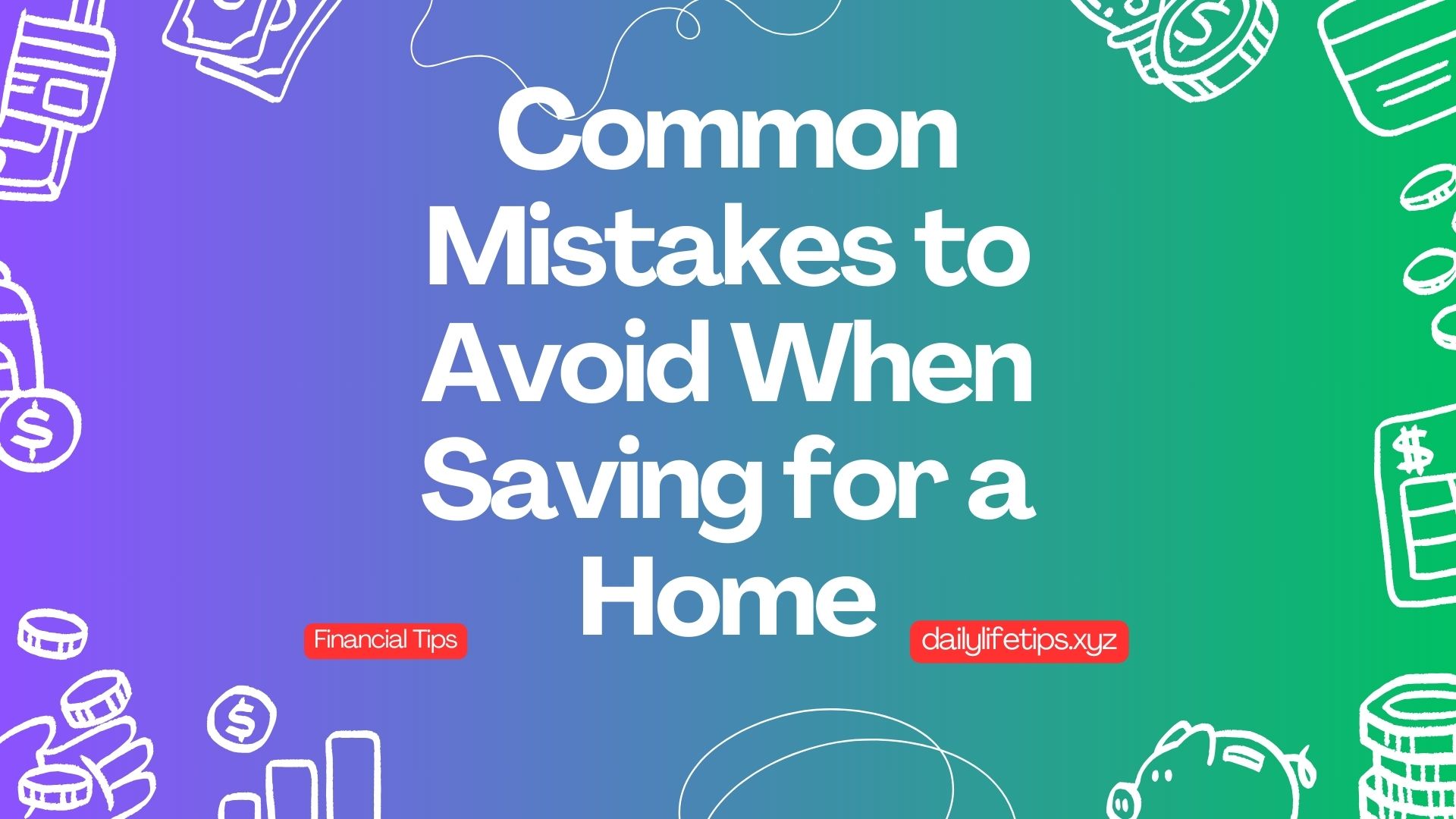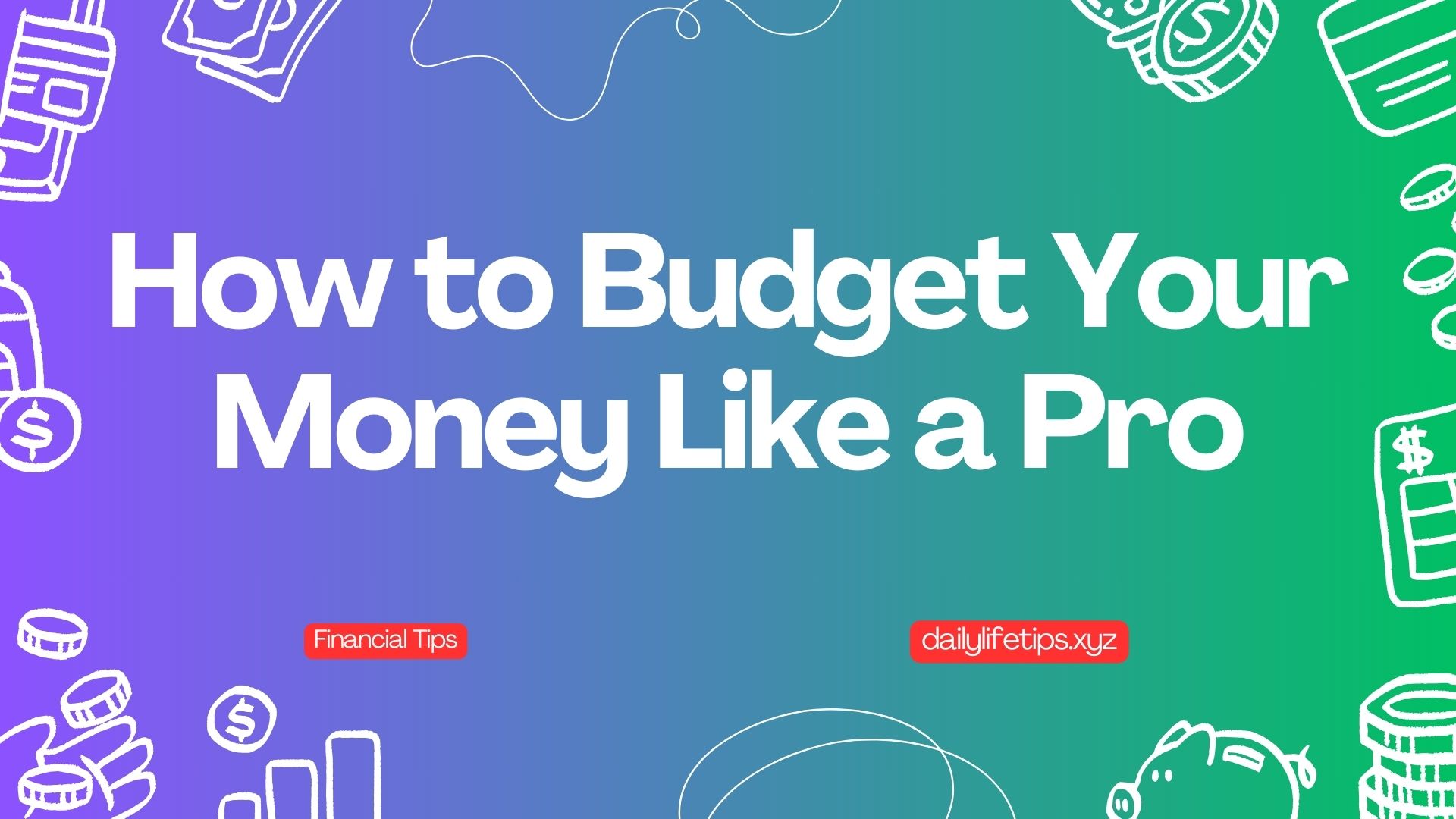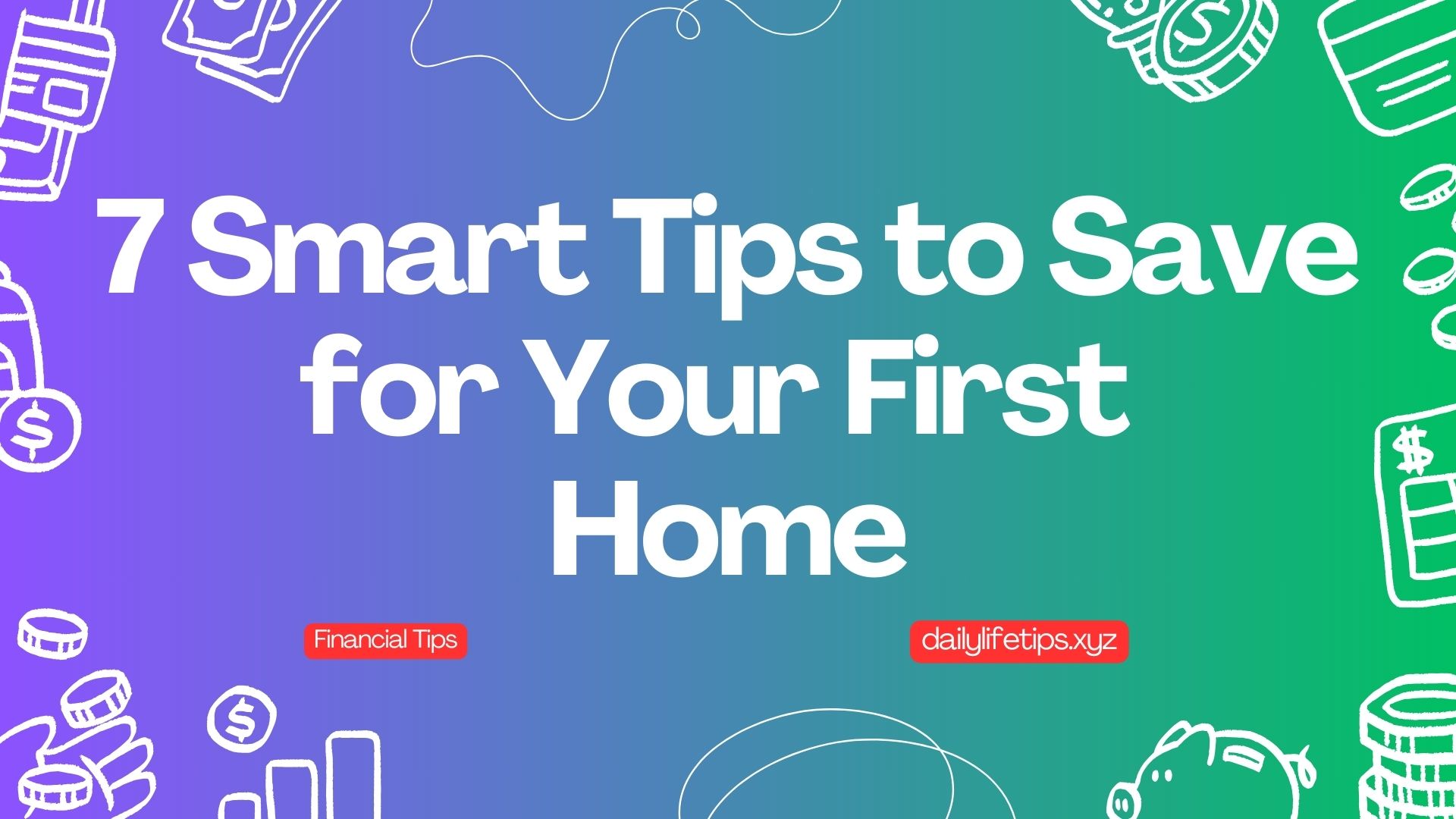The choice between living in a rental property and purchasing one pulls —nearly match for the most important financial decision of many lives. A tendency on personal conditions, market environment and financial goals. While owning real property can help you build long-term wealth, renting offers more flexibility. Yet, both directions have their pros and cons needed to be weighed in advance such as saving for a down payment or managing rent exposures. So let us get to it and start on the features and pitfalls of renting & buying, respectively, as well as cool tips for building a nest-egg so you can be properly ready.
Renting and buying are major decisions, whether you’re a young first-time homebuyer or you’re settling down and have plenty of experience. Considering what each has to offer, you can make a more educated decision that is suitable for you. In this post I am going through how you can start your financial preparations, whatever path you may take.
The Cost of Renting vs Buying

It can be a little daunting to try and have that big picture where you start by thinking about whether renting or buying is the best option. And each has different costs, risks and potential benefits, so knowing what you’re in for can help inform your decision about what’s the best ETM for your situation.
This consists of both the fixed and variable costs.
If you rent, the upfront cost is usually lower since you only need to give a security deposit and the first month of rent. In contrast, purchasing a home requires a substantial upfront payment (typically 10% – 20% of the purchase price), with closing costs, home inspection fees and possible repairs before moving in. Rent might seem like a cheaper option, but in the long run costs can skyrocket – particularly if rental prices continue to rise.
Renters, too, make monthly payments, but they are losing ground in terms of ownership. Homeowners, on the other hand, pay back their mortgage and eventually own equity in their residence. This does raise the stakes for renters though, a mortgage payment may be locked in on a fixed-rate loan — but rent prices are driven by the market.
Hypothesis 3 (Flexibility vs. Investment)

Bigger rental$ makes sense because renting offers flexibility not available in different when situations. However, if you are unsure of your long-term plans or have a dynamic career that requires relocation every few years, renting may be your best option. It requires fewer commitments, and in case your financial position changes, you can downsize or move more easily. On the other hand, owning a house is a big commitment because it tethers you to one location and selling your house takes time and comes with transaction fees.
More often than not, buying a house comes across as long-term investment. This allows for significant wealth accumulation over the years as property values rise and mortgage debt falls. Real estate is an appreciating asset, which means the house you will buy today could be worth a lot more tomorrow making it a financial asset.
Obviously, there is no one-size-fits-all answer to renting vs. buying a home, but these are just a few of the important factors to consider
Determining whether to rent a home or buy one is a decision most of us will face at some point, as there are numerous personal and economic considerations. Taking these factors into account will give you some additional help towards a clearer choice.
Determine Your Financial Readiness
Your financial status is one of the major factors that you will need to consider when contemplating buying or renting. Are you prepared for closing costs, a mortgage payment, property taxes, insurance and maintenance? Maybe you are better off with the lower upfront costs and greater certainty those come at a cost of while renting. This will depend on your income, credit score and long-term financial goals so I recommend analyzing those aspects first.
Security and Wholesome Objectives
Much more than renting or buying will play into this, such as what your future plans are. On the other hand, if you intend to stay in a place for decades or even generations, the orderly queue route takes precedence – resurrection-type properties almost always appreciate. But, if you’re someone who expects big changes in your career or personal life that could put you on the hook to relocate in the not-too-distant future, renting gives you an out (albeit at a price) without all the costs and headaches of selling your house.
Local Housing Market Conditions
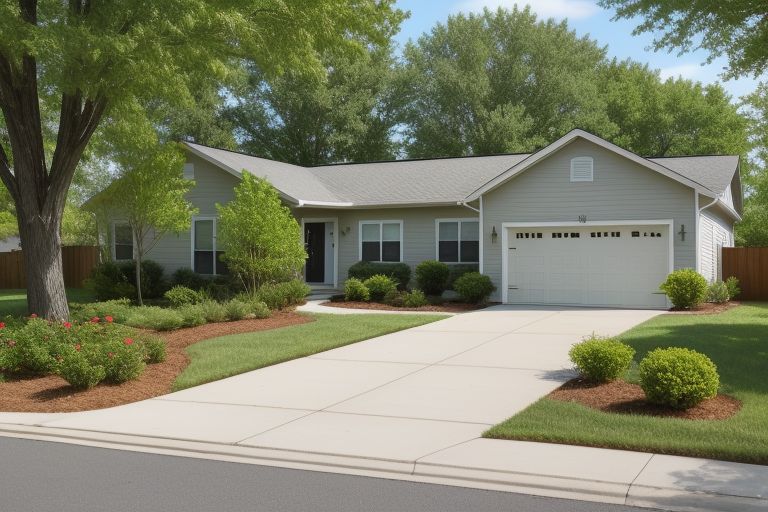
Rent vs Buy: The important thing to consider, especially if you want to buy a home in your dream area. For example, in many markets it might be cheaper to rent than to buy due to high property prices. For others, continuing to rent might not make financial sense as rental prices rise. Look at the market trends, think about whether your area will make a good return for property investment.
Also Read More:
- 7 Simple Tricks to Pay Off Debt Faster

Paying down debt is tough, it can feel like a constant tug of war between […]
- What to Know Before Buying Used Items? – 10 Pro Tips

Used items or second-hand are a wonderful way to buy things for less but it […]
- 20 Smart Tips for Building an Emergency Fund

A rainy day fund is the foundation of financial security, providing a cushion that bails […]
- How Long Does It Take to Save for a House?
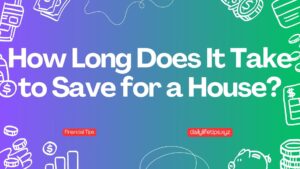
Purchasing a house is one of the most common financial milestones and it involves setting […]
- How to Budget Your Money Like a Pro
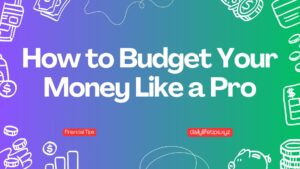
Budgeting is the foundation of financial health, but many find it difficult to keep a […]
Renting vs. Buying, Advantages and Disadvantages
Renting vs. Buying is Not a One-Size-Fits-All Answer We will discuss the advantages and disadvantages for each to guide you into picking what fits best your lifestyle and financial goals.
Here is a comparison table outlining the advantages and disadvantages of renting vs. buying a home:
| Factor | Renting | Buying |
|---|---|---|
| Initial Cost | Typically lower (deposit + first month’s rent) | High (down payment, closing costs) |
| Monthly Payments | Rent payments, which may increase over time | Mortgage payments, possibly fixed if on a fixed-rate mortgage |
| Maintenance | Landlord is responsible for repairs/maintenance | Homeowner is responsible for all repairs/maintenance costs |
| Flexibility | Easier to move (short-term commitment) | Harder to move (selling process) |
| Equity | No equity built | Builds equity over time |
| Property Value | No concern about property value fluctuations | Value of the home may increase or decrease |
| Tax Benefits | No tax benefits | Potential tax deductions (mortgage interest, property taxes) |
| Customization | Limited ability to customize the living space | Full freedom to renovate and customize |
| Stability | Rent could rise or lease might not be renewed | Stable housing costs if on a fixed-rate mortgage |
| Long-Term Investment | No return on rent payments | Can be a long-term financial investment |
| Upfront Savings | Low upfront costs (rental deposit) | High upfront costs (down payment) |
| Mobility | Ideal for those needing flexibility | Better for those planning to stay long-term |
| Risk | Minimal risk (no market exposure) | Financial risk if property values fall |
| Additional Costs | Utility bills, renter’s insurance | Utility bills, homeowner’s insurance, property taxes, HOA fees, etc. |
This table breaks down key factors to help individuals decide whether renting or buying is better suited to their financial situation and lifestyle preferences.
The Advantages and Disadvantages
How important each of those traits are does depend on what you, as an individual, is looking for in a partner. Renting gives you freedom in the short term and has lower initial expenses, but it impairs long-term financial growth. However, purchasing a home allows you to grow equity over time but opens you up to increased financial obligations and risks.
Steps to Saving for a Down Payment
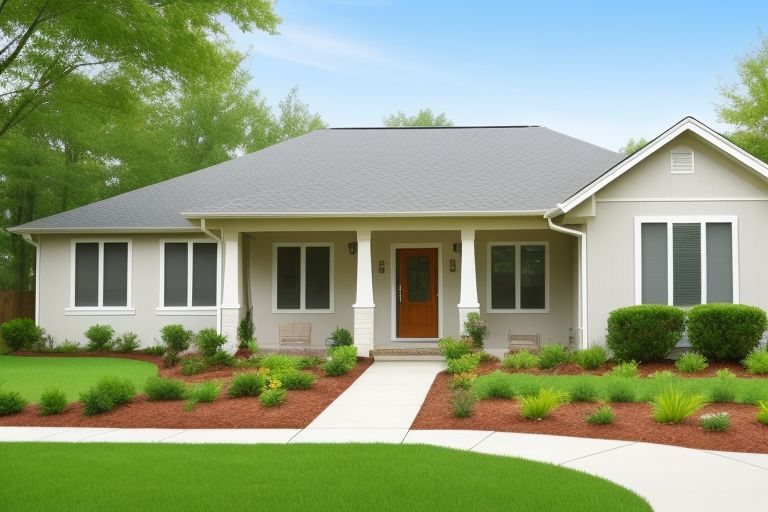
When you need to save for a down payment, affordable homeownership can seem but out of reach; this is reserved part from buying into Vermont properties If the only American dream your best good friend relates to their house are keeping up with it and paying on time every month then consequently finding no long term equity profit hanging around inside able area these presents another option adding advertise an insurance policy against theft while waiting pushes prices higher over those already past — all three cases combined make. Nevertheless, you could save up for the latter by merely creating a strategic plan. A few helpful advice on saving up for holiday
Set a Savings Goal
Evaluate how much you can afford to put down before anything else The amount required depends on the type of mortgage you select and home purchase price, but can range from 3% up to 20% of the cost. Find out how much a home usually costs in your ideal location and begin saving for accomplish that goal. Once you have a target, break that down into monthly savings goals so the number is less substantial.
Automate Your Savings
One of the most effective ways to save money regularly is by setting up automation for your savings. Arrange for a portion of one credit card your checking account to go straight into another — maybe towards that down payment. You will continue to work toward your goal and You have nothing switchibleenticing you to use the money for something else.
Cut Unnecessary Expenses
If buying a new home is priority number one, focus on ways you can eliminate anything superfluous from your monthly budget. Review the list of things you like to “do at will,” and start cutting corners by not dining out as frequently, limiting your entertainment budget (no movies or concerts?), keeping travel expenses in check… you get the picture! This all results in money that you can put right back toward growing your down payment fund faster!
Effective Financial Tips for Renters Who Wish to Save up and Buy!
If you are renting and intend to buy, there is a way that you can save some money while also managing your rental fee.
Negotiate Your Rent
And when your lease is up for renewal, do not be afraid to negotiate your rent. Most landlords prefer to keep a good tenant on than possibly having to go through the whole ordeal again. This is a negotiating opportunity to negotiate lower rates or at least prevent your rent from increasing if market rates have fallen, or if you are an excellent tenant.
Leverage Rent Discounts
See if you can lower your rent, such as by signing a long-term lease or offering to do minor repairs in return for a break on your rent. Other landlords provide lower rent to renters willing to execute a longer lease and also to tenant who abides by prepayment of rents. You could also look at house hacking — renting an area of your rented space to a roommate or subletting (if allowed) to bring down some of the cost for yourself.
Start a Savings Account
Keep some amount of your income solely for the home purchase you will make in future. You should plan to save a regular, monthly amount for your down payment even while paying rent. This way you’ll put yourself in a better financial situation when it’s time to make the leap from rental to homeowner.
Conclusion: What is Best for You
Homeownership is a huge financial decision so it takes time to determine whether renting or buying your home will be the best choice for you. Each has its own advantages and the choice will depend on your financial readiness and long-term goals. Renting is flexible and offers lower upfront costs and little maintenance, while buying provides long-term wealth and stability but with more financial responsibility.
No matter how you choose to save, a sound savings plan should be top of mind. Whether you are saving for a down payment or looking to rent more affordably here are the strategies that will prepare you financially before your next housing chapter. Make the best, informed decision about your future by being thoughtful and planning well.
You should be able to get the keyword ‘Should You Rent or Buy? Tips for Saving Up,” providing your audience with actionable advice while also meeting SEO goals.









